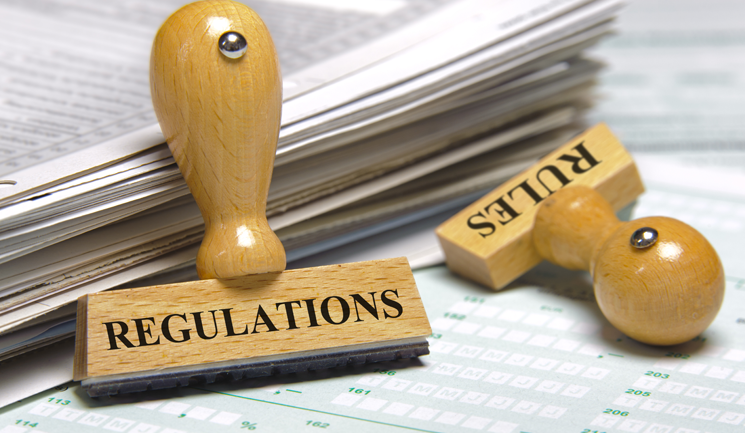The Welsh Government has introduced a licensing scheme designed to improve hygiene and safety standards for acupuncture, electrolysis, piercing and tattooing procedures.
The Licensing Rules for Special Procedures in Wales states that every establishment providing one of these procedures must hold a licence to do so, ensuring that correct infection control measures are being taken. The Government shares that if such measures are not taken, it could result in legal action.
This scheme applies to existing and new providers, and includes both practitioners themselves and managers of premises providing special procedures.
Applications for licences must be submitted to individuals’ local authority by 28 February, 2025. Assessment of applications may take months, but after licences are granted they will have to be publicly displayed in the relevant premises.
Samantha Matthews, head of nursing for infection prevention and control at Public Health Wales, said, “We welcome the enhanced hygiene standards that licensing will bring. The training of practitioners along with inspections of premises will reduce the risks associated with procedures like tattooing, piercing and acupuncture. We hope this will not only raise standards and protect health, but also offer reassurance to those undergoing such procedures.”
Professor David Sines, executive chair of the Joint Council for Cosmetic Practitioners, added, “The JCCP warmly welcomes the new Licensing Rules for Special Procedures in Wales. The JCCP has been actively involved at all stages in the generation and consultation of these Licensing Rules, and regards them to provide evidence of the Welsh Government’s commitment to public protection and patient safety. We regard this to be a fist sequential step to the licensing of non-surgical cosmetic procedures in Wales, and look forward to working with the Welsh Government to expand the scheme to include more invasive types of procedures over the next few years.”

